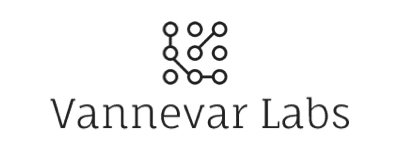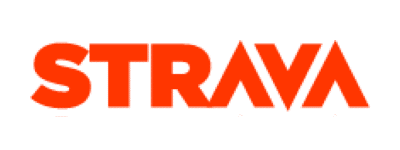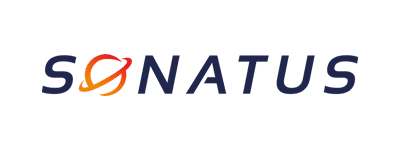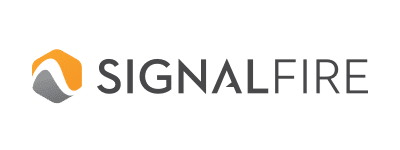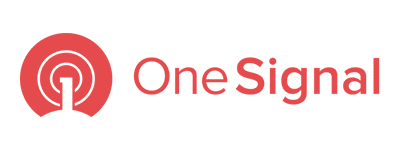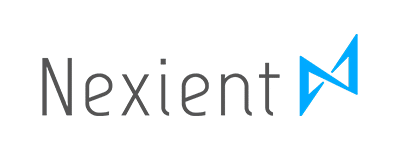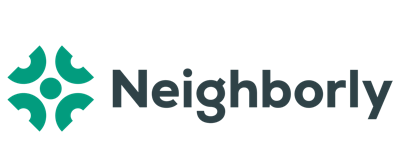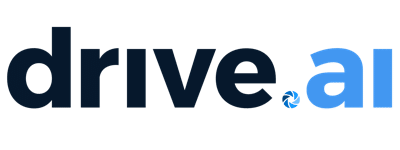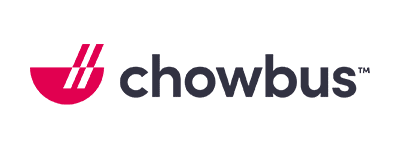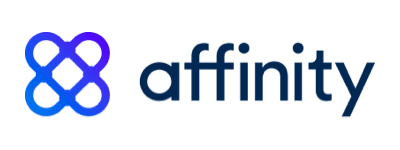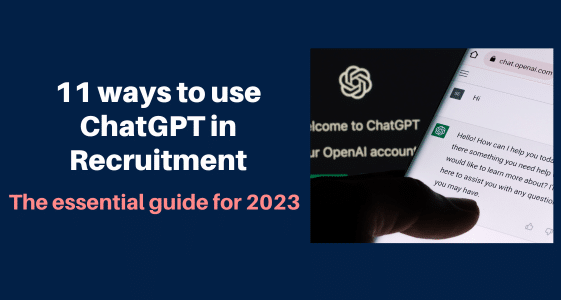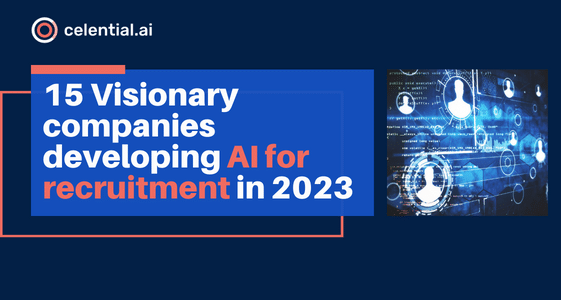In a recent report, the U.S. Bureau of Labor Statistics highlighted perhaps the most fundamental pain point for recruiters and hiring managers as labor markets emerge from Covid-19: there are around 40% more open jobs now than there were a year ago, but actual hires has only increased 10%.
Rucha Vankudre and colleagues have said the report aptly characterizes the ongoing “brutal battle for talent” where “too many employers are still competing for not enough workers.” They suggest that employers will “continue to need new and better data as they look for the talent they need.” They also argue that employers will need new technology to confront the difficult reality that “employers have been unable to reach ‘unengaged’ workers who have not been looking for jobs.”
Now staring down the most difficult talent market in decades, it is time that talent acquisition departments begin to look at how is artificial intelligence changing the recruiting process. They need to start adopting the next evolution in recruitment: artificial intelligence and recruitment automation tools.
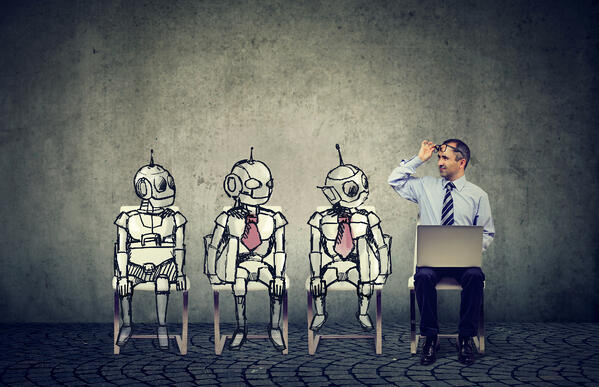
Artificial Intelligence in Recruitment: The Edge that AI offers talent acquisition teams
Artificial intelligence is training a computer to do what a human would do with more data than a human can handle. AI-powered recruitment is really about getting new and more relevant candidate data from what’s available on legacy platforms and then having software perform manual tasks like job matching and outreach.
So how is this practical?
By automating the most time-consuming tasks that slow down hiring processes and burnout recruiters, your talent acquisition department will have a leg up on finding top talent and developing a candidate-first approach.
You also won’t have to completely rely on recruiting agencies that require spending 15-25% of an employee’s first-year salary for each hire.
Let’s dive into all the tangible benefits of using AI in the recruiting process.

The advantages of artificial intelligence in the hiring process
Before you go ahead and purchase the fanciest AI solution out there you should first understand what AI is good at in the first place.
- Breaking down complex questions into their component parts through natural language processing
- Making unambiguous inferences from clearly defined variables in resume screening or cover letters
- Filtering irrelevant variables out of decision-making
How is this applicable to recruiting?
AI Talent Sourcing is perfect for Passive Candidates
Sourcing potential candidates who aren’t actively looking for a job comes down to one question: “Should I contact this person or not?”
But this simple decision requires weighing a couple of other complicated questions that
make the decision to contact hard to scale in the recruiting process.
- Would the candidate’s tenure at their current job make them unlikely to leave
- How interested would they be in the proposed role and job requirements?
- Do they have the correct fit of skills, expertise, and experience?
Thankfully, Artificial intelligence handles these kinds of questions in seconds and can contact a large pool of relevant talent in a day.
How does this work at Celential? Well, we’re pretty familiar with contacting unreachable candidates—only 3.4% of candidates in our primary vertical, software engineers, are actively looking for a job.
To use an example from our wheelhouse, most of the big names in our space have well-known stock vesture schedules. By training our AI to recognize how often engineering candidates at certain companies depart after these vestments mature, the AI can use predictive analysis to determine how likely a particular engineer is to leave their current role.
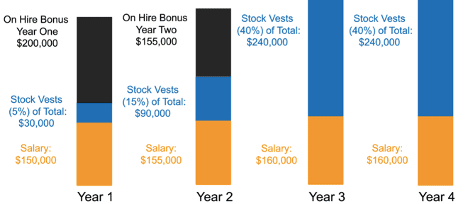
We also load our AI recruiting software with the data of thousands of companies’ products. It can then determine whether the product that one of our customers is developing will appeal to an ideal candidate based on what that candidate has worked on before.
The time spent by artificial intelligence on this determination is zero.
Recruiters are constantly attempting to familiarize themselves with every startuphttps://www.celential.ai/blog/tips-for-hiring-a-software-developer-at-a-startup/ under the sun to determine if a candidate is working in a similar space to the company they’re representing. AI allows them to avoid the tons of repetitive tasks that are required when looking into passive qualified candidates.
The next logical step is for recruiters to contact the qualified passive candidates they found with appealing outreach messages to grab their attention. Luckily, there are AI solutions that generate hyper-personalized candidate outreach at scale.
AI Automates Screening for Resume and Candidates
Truthfully—and we don’t mean to talk ourselves out of a job here—artificial intelligence isn’t necessary for determining whether the specific skills of a resume match the job description that it’s being used to apply for.
You shouldn’t need anything more than a couple of dressed-up Python scripts and some clever regular expression matching to tell that someone applying for a JavaScript Developer position has worked in JavaScript for a while when doing your candidate screening.
But it’s the “learning” in “machine learning recruitment” that makes all the difference here.

So let’s say, for example, that you’re hiring JavaScript developers, but you need them to have worked with particular JavaScript frameworks and with a certain cloud services platform. A resume or cover letter comes in where a candidate says they’ve worked in JavaScript and cloud services but doesn’t mention the exact things you’re looking for.
What do you do? Do you meticulously research the candidate’s past employers to see precisely what technologies they use? Or do you reject their resume because you don’t know if they have what you need?
By using AI in hiring process decisions, you can leverage what the AI has already learned about similar candidates to decide in an instant if there’s more to the story than what’s on the page and it will start automatically triggering assessments.
Machine learning works to save recruiters time in resume parsing so they can focus on scheduling interviews and expediting the interview process. Most importantly, they can engage candidates thoughtfully and hire productive candidates.
AI in Talent Acquisition Creates More Diverse Teams
No matter how firmly a company may be committed to increasing diversity, a lack of gender and racial diversity within an industry will always make it difficult to find candidates of diverse backgrounds. Sticking with the industry we know best, according to our latest 2022 report, Gender Diversity in Software Engineering, women represent only 21% of the workforce in software engineering.
It’s a self-perpetuating, deeply human problem: since most of the people in tech are white men, most applicants and hiring managers in tech are going to be white men. It takes only the smallest amount of unconscious human bias by male hiring managers towards male candidates to reinforce the existing lack of gender or racial diversity in the industry.
Based on the state of gender diversity in tech, the current amount of unconscious bias is enough to entrench these existing structures of power.
Thankfully, the inferential capabilities of artificial intelligence can be used to identify passive diverse candidates efficiently based on a name or background before that candidate’s profile ever sees human eyes.
Recruiters can focus more on the content of a candidate’s resume instead of excluding certain candidates for preconceived biases or sourcing to simply fit the desired candidate demographic.

It can be tough to overcome a demographic skew as extreme as 80-20. But we’re proud to say at Celential, we’ve been able to deliver for customers like Monograph that were committed to hiring engineers who are women.
We’re often asked about the problem of bias being trained back into an AI by the people designing it. In our experience, a little self-consciousness about this issue goes a long way, and would encourage anyone considering purchasing an AI recruiting tool to ask about that tool’s creators’ own commitments to diversity.
The Limitations of AI Recruiting
While artificial intelligence is often startlingly good in the inferences it makes from available data while performing high-volume tasks, it can only ever go so far as inferring upon things where there’s unequivocal data in the first place.
In our experience as an AI recruitment company, we’ve found there are two recurrent questions in the talent acquisition process that it’s tough for recruiting AI to answer:
- “Is this candidate as good as their resume says?”
- “Is this candidate a culture fit or will be tough to work with?”
To explain these two questions as one problem, you could say that an AI has trouble telling the difference between representation and reality, between how someone is on paper and how they are in person.
These are questions artificial intelligence could conceivably begin to answer through aggregating multiple sources and examining their projects, papers, and community contributions like we do at Celential. However, talent acquisition leaders will always be better at answering these more human questions in the later interview stages and take-homes.
An AI could also theoretically begin to identify the emotional traits that determine whether someone is not a culture fit relatively accurately by running sentiment analysis on their Twitter account. And there are definitely plenty of Twitter accounts that would make it easy for the AI–but it would often get tripped up by irony, satire, and deliberate misrepresentation.
Intuitive for a person, unintelligible to an AI.
Whereas artificial intelligence can be made to determine whether a candidate fits a role more efficiently than humans can, it still takes an absolutely massive amount of time and data to answer questions about how a person is live–questions that a living, breathing recruiter can determine in minutes or seconds.
How AI will change the recruitment process and the roles of recruiters and hiring managers
So, the bad news first: from where we’re standing, it looks like the future of AI in the hiring process still includes human assessments to determine if a candidate’s as good as they look on paper. The notorious whiteboarding, data structures, and algorithms interviews associated with the recruitment process aren’t going anywhere.
It’s still going to be crucial for talent acquisition leaders to determine if job seekers can walk the walk. So if you’re a new technical recruiter trying to wrap your head around conducting technically-savvy interviews, please take a look at our post on how to be a strong technical recruiter.

That out of the way, the upside: at the root, AI solutions free up a human recruiter’s time to focus on the quality of hire.
By allowing AI software to take on all the repetitive high volume tasks that don’t require interactions between candidates and recruiters, recruiters can spend their time on the tasks that add the greatest value. Some of these include: fostering meaningful relationships through candidate experience, acting as a go-between top talent and leadership, and, in general, accounting for the unaccountable.
Hiring Managers, on the other hand, will receive better quality candidates, schedule interviews faster, and focus more on optimizing the hiring process. Specifically, in the engineering field, the hope is that AI will reduce the amount of time engineering leaders have to devote to hiring.
Anything that involves emotional intelligence is unlikely to ever be replaced. But at the bottom end of the value pyramid – things that are about replicating a process – those will be automated-Jeremy Campbell, chief commercial officer, SD Worx
Wrapping up
Given the current high level of churn in the labor market, companies need every tool they can to uncover new insights from existing candidate data and source talent to meet growth demands. The best solutions on the market are AI powered tools or AI-based solutions like Celential that can handle high volumes of data with high precision.
Sign up for a free trial to start automating your recruiter’s most time-consuming sourcing tasks and let them focus on closing qualified candidates!
The broad adoption of artificial intelligence by the HR industry represents the next step in the evolution of recruiting. Recruiters aren’t going anywhere but their strategies will become more targeted, more diverse, and more sophisticated.
Table of Contents

